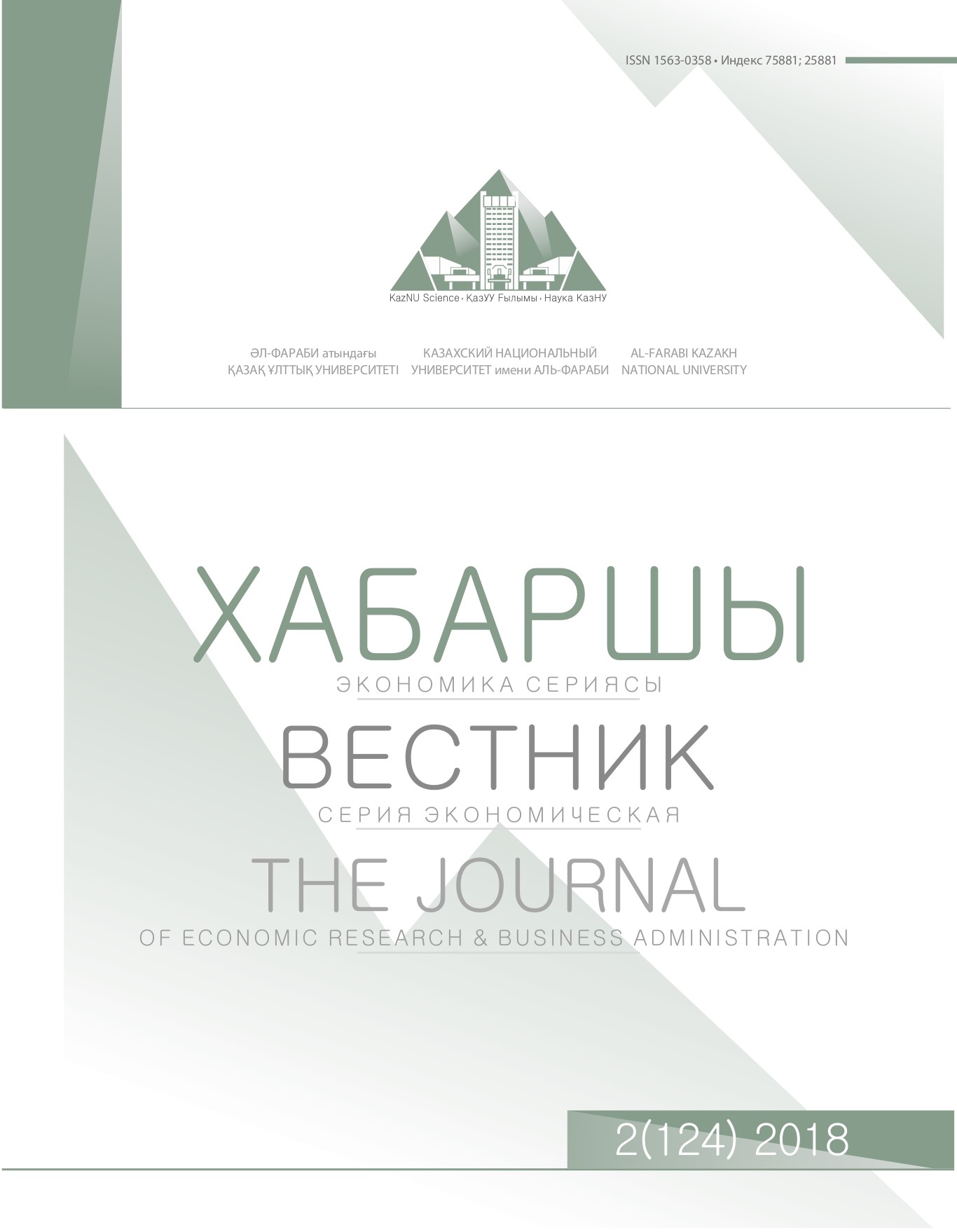Institutional features of regulation of non-standard employment in Kazakhstan
Abstract
The employment problem acquires the character of flexibility under the influence of the adaptation
of the market economy, transforming into various forms of employment. Non-standard forms of
employment have become the total definition of this phenomenon. This term is already consistently
entered into the era of post-industrial economy in developed countries in the 1970s. Under the
influence of constantly changing conditions, the post-industrial era issues new labor relations. This
article is devoted to the nonstandard employment of Kazakhstan. There are legal regulation, legislative
aspects: independent, distance, home, temporary employment and work of disabled people
(working hours). The issues of productive and unproductive employment are covered. The article
examines the peculiarities of the legislation about employment protection, where considers the balance
of labor protection rigidity, and the degree of flexibility of labor legislation, thus, the balance
of labor laws determines the number of unemployed who, in turn, lead to non-standard forms of
employment. Examined utterance of self-employment in Kazakhstan and the different approach of
state bodies to this phenomenon. The aspects of social insurance and granting of benefits for loss of
work in the Republic of Kazakhstan were studied. Legislative moments of registration of individual
entrepreneurship have been studied. The procedure for registering the unemployed in the employment
center. Foreign experience It is given mainly in Germany, where questions of employment of
elderly people on non-permanent work are covered. The study of non-standard forms of employment
is limited to surface assessments, which are largely due to the diversity of forms of employment,
therefore it is required to improve the methodological basis for determining the scope of this
phenomenon and his dynamics.













